Donald Trump could win if Democrats fail to show they are fit to govern
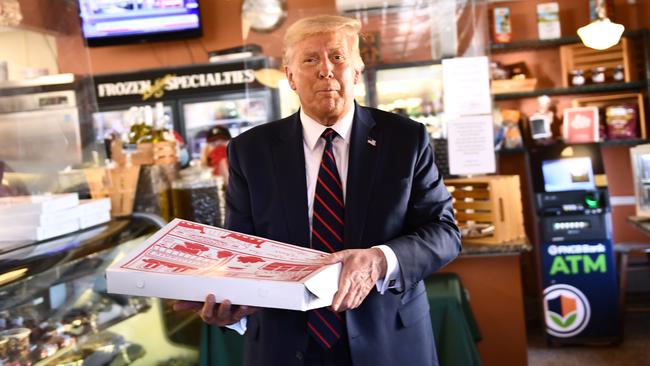
Instead, come November, citizens of the most powerful nation on earth will be forced to choose between a narcissist and a man whose claim to his party’s candidature appears to be based on the principle of Buggins’ turn.
Biden’s longevity is impressive — and we would never dismiss a candidate simply on the grounds of his age — but the reason he was formally adopted this week as the Democratic candidate for the presidency at the age of 77 is that, despite numerous attempts to build a campaign over the past three and a half decades, others of his generation kept outshining him. Now he has finally made it onto the ballot paper, but his chief selling point is not his intellect, his ideas or his character — it is the fact that he is not Trump. That hardly seems a wise strategy when Trump has already won one election against the odds and is quite capable of winning another.
Trump’s faults are there for all to see. To put it politely, his speeches are often outside the norms of political dialogue. Anyone who thought that his bluster was just a clever double-bluff used to win elections will have been disappointed. The memoirs of his (many) ex-staffers confirm that he governs as he speaks. But it is quite possible to despair at how he governs while noting that he has delivered much of what his supporters hoped for: an economy that was largely left alone and — up until the Covid crisis — boomed as a result; the stock market at record highs; no new wars; a policy on China which has been copied by his critics. This helps to explain why Trump retains the loyalty of his supporters and why even now the Democrat nominee is just a few percentage points ahead of him in the opinion polls.
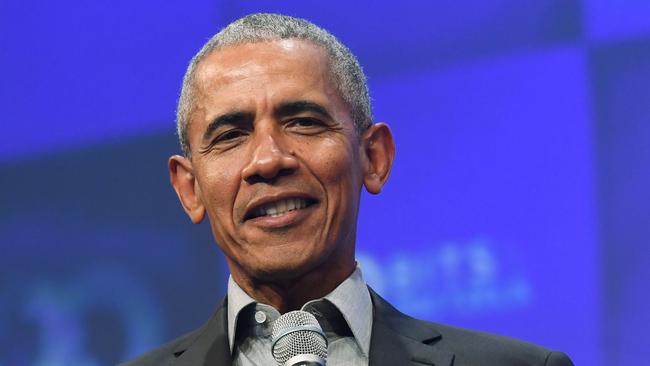
Trump’s critics rounded on him for rejecting the Paris agreement on climate change. But during his presidency, the US has made more progress cutting greenhouse gas emissions than most industrial competitors. His policy of encouraging the exploitation of shale oil and gas has pushed out coal and led to carbon emissions continuing to fall. It’s worth asking, what is better: to talk about a greener planet or to promote technological change which actually achieves it? Moreover, the US now enjoys energy self-sufficiency, enabling the country to reduce its dependence on fossil fuels from the Middle East — a huge geopolitical boost.
Trump has achieved what Obama never quite could and scaled back America’s interventionist foreign policy. His rhetoric has often been fiery, and his policies adopted more out of impulse than strategy. But it has often served, so far, to wind down tensions. Relations with North Korea and Iran are no longer so malignant, and nor is there as much sabre-rattling between the US and Vladimir Putin’s Russia, in spite of serious provocation on Putin’s side. The assassination of Qassem Soleimani at the start of this year did not lead to a war with Iran. Trump’s reluctance to issue threats to dictators has been interpreted by his critics as a sign of his being in sympathy with them. Had any other president pursued the same line it would have been called realpolitik.
Trump’s erratic response to the COVID-19 crisis is perhaps his biggest failure, and a moment of real disillusion for supporters who had expected a higher quality of leadership. His reality-TV show style has been not only unhelpful but actively damaging to his presidency and the country. At the start of the year, Trump’s utter denial of the seriousness of the virus left America badly underprepared for what was about to hit. He clashed with the country’s chief medics daily, using his platform to recommend controversial drugs which were not supported by the medical community, and even wondered out loud during a national press conference if injecting disinfectant would be a useful way of tackling the virus. His use of Twitter during the crisis was especially grating and petty. Some used to find his prolific tweeting funny, but it has been shown to be a wholly irresponsible way of communicating with the American people.
The President’s missteps at nearly every stage in the crisis have left the door to the Oval Office open for a more competent, compassionate person to walk through it after the next election. But what claim has Biden staked to replace Trump in the White House? Very little. He has led a largely invisible campaign, light on policy, light on inspiration, light on everything.
While it is true that COVID-19 ruled out a traditional jamboree for the Democratic National Convention — which was held online instead — the virus has not been a reason to hide away. Biden is behaving like someone who thinks the presidency will fall into his lap as long as he doesn’t trip himself up. The message is consistent: he is not Trump. The subtext being that no decent person could possibly vote for Trump.
But that was Hillary Clinton’s message four years ago and, as she discovered, it was not enough. The Democrats will have to establish a case to govern — one which stretches some way beyond the current obsession with grievance issues — or they face waking up on November 4 to an even bigger and more painful shock than the one they were given in 2016.
The Spectator

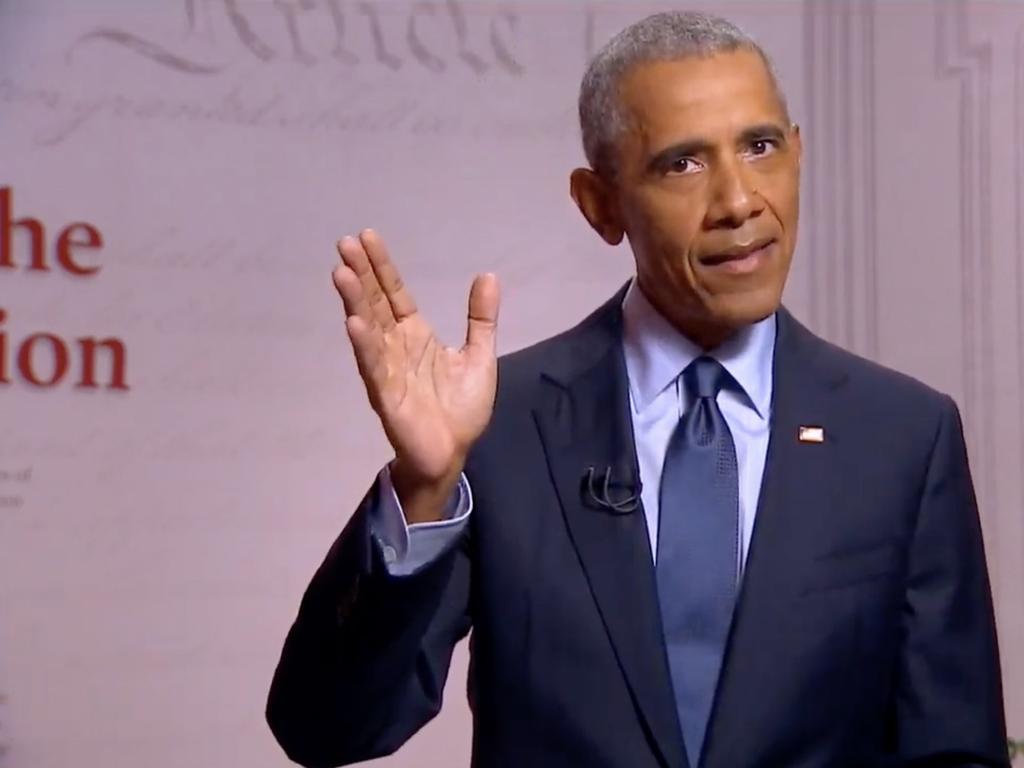
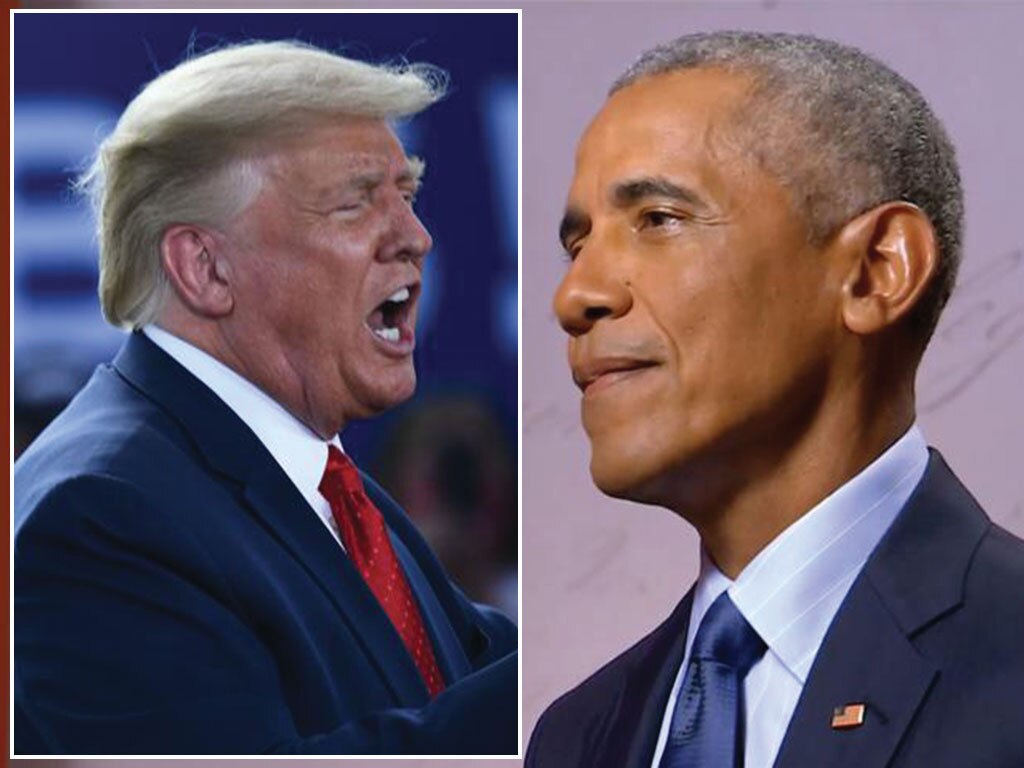

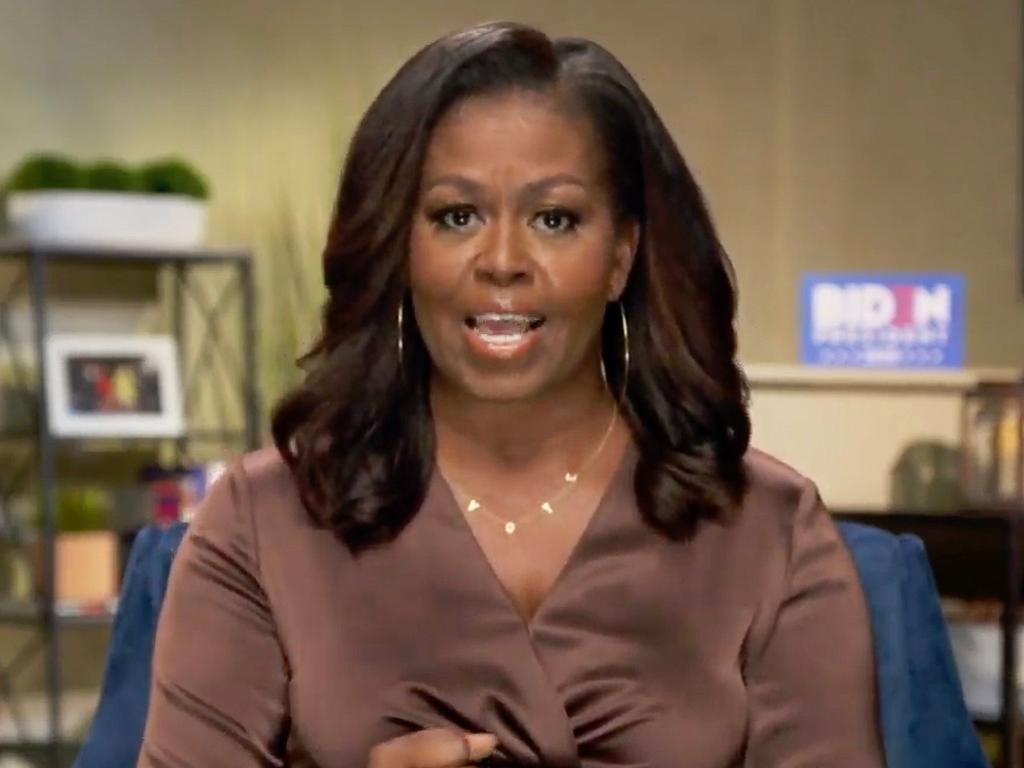


There is a great mystery lying behind the 2020 US presidential election: how come a country of 350 million, which leads the world in academia, science and more, is unable to find two more inspiring candidates than Donald Trump and Joe Biden? Where is the voice of hope, or even just a reassuring voice of calmness and competence?